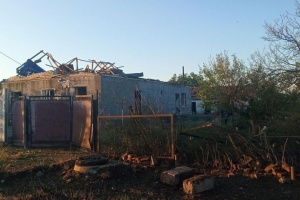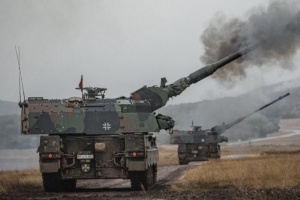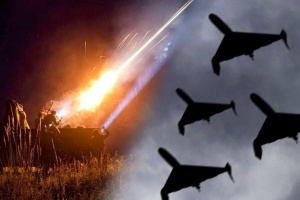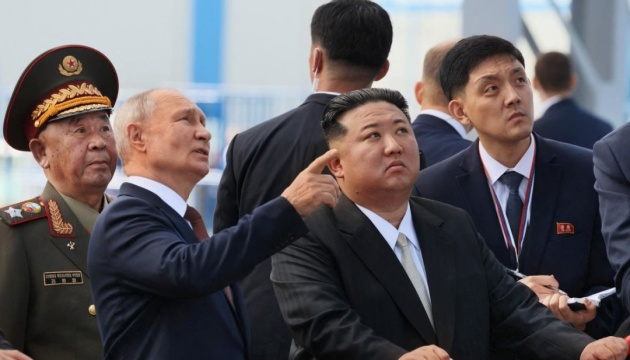
Putin demonstrably does not dislike Kim Jong-un: will this affect Great War?
Putin did not go to India for the G20 summit, fearing humiliation, but met with DPRK leader Kim Jong-un, and was squared. What did the world's No. 1 and No. 2 scum talk about, what were the results of their rendezvous, and what is the real threat to Ukraine from this perspective and what does China have to do with it? And yet, one cannot deny oneself the pleasure of realizing the fact that Putin's only open ally is the despised and hated by the whole world North Korean scarecrow, Kim Jong-un.
Summit of outcasts: what kind of ally has Putin really found?
Looking at all this entourage around Kim Jong-un's visit, which has already been dubbed the "summit of outcasts" by Russian propaganda, for some reason an old Soviet rhyme comes to mind, which we have slightly modified:
Today is a holiday for the boys,
The pioneers are rejoicing!
Today I came to visit them,
Kim un from the DPRK...
Journalist Roman Tsymbalyuk shared his interesting impressions on this occasion in his YouTube blog: "The visit of the DPRK dictator was covered by Russian propaganda in such a way that it seemed that he was the most influential politician who had visited Russia. And State Duma deputy Gurulov enthusiastically talked about the allegedly powerful consequences of this visit on Skabeeva's show. (...) The former lieutenant general, who likes to threaten nuclear weapons, said that after Kim Jong-un's visit, "US hegemony is under threat." Gurulov said that the meeting between Putin and Kim Jong-un was "not check, but checkmate" to the Americans. And that the United States is now under the threat of a nuclear strike. Now, allegedly, the United States should think about whether to continue supplying weapons to Ukraine after the emergence of an alliance between Russia and the DPRK."
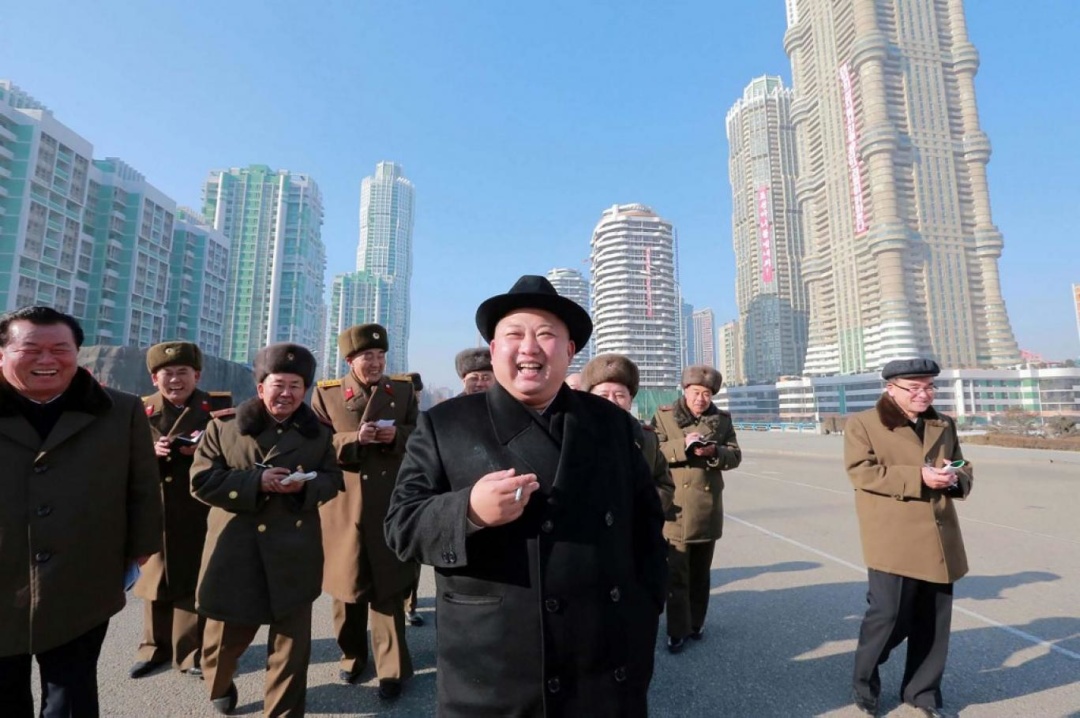
As for the alliance...
It is a well-known fact that Putin, having unleashed a full-scale war, has fallen out of the political major league and has descended far beyond the first one. However, even the totalitarian Iran and Belarus, which are considered Russia's main allies, are trying to maintain minimal signs of their participation in international law. This is not the case with the DPRK. Kim Jong-un doesn't even have such a word in his vocabulary, and he doesn't give a damn about any rights. Instead, Kim and his cronies are well aware of what amphetamine [a hard drug, for those who don't know,] counterfeit dollars, cyberpiracy, etc. are, because all of this is produced in the DPRK at the state level and is systematically distributed around the world.
The DPRK is a criminal country that uses its presence in the international arena to earn currency by any means necessary, harming humanity in every way known. This is the kind of ally-friend that Putin has finally found. What could be a greater disgrace for a state and its leader in the world today? But the average Russian does not seem to care. And this is an exhaustive characterization of the average Russian.
And now for the serious stuff: is there a threat from the rapprochement between Russia and the DPRK?
According to political expert Andriy Senkiv, the results of the DPRK leader's visit to Russia could potentially have consequences not only for the Russian-Ukrainian war, but also for the whole world.
"First, North Korea has an arsenal compatible with Russian systems (Soviet) and a military-industrial complex that can fill the gap between Russia's production and use of ammunition. First of all, we are talking about artillery shells and tactical ballistic missiles. It is also possible that Russia may try to modernize North Korean T-62 tanks to acceptable standards," the expert says.
Pyongyang can also support Moscow in cyber warfare.
"For its part, North Korea is looking for food, fuel, and medicine, as its reserves have been almost completely exhausted. Putin has made it clear that Russia is ready to help North Korea with satellite technology, which may include intercontinental ballistic missile technology, and technology for nuclear submarines," added Mr. Senkiv.
Therefore, he believes that North Korea's substantial assistance to Russia could have an impact on the war in Ukraine. In addition, such cooperation could result in an overall improvement in their military capabilities and coordination of defense agencies, which would make them more dangerous in the future.
"Second, Russia and the DPRK are China's partners. And these three states, possessing a nuclear arsenal, are striving for territorial expansion, and they may at some point decide to start wars simultaneously," the political scientist warns. - "However, although the DPRK has been supplying Russia with some types of ammunition for several months now, the real strengthening of their cooperation will be determined in Moscow and Beijing, not Pyongyang.
However, it cannot be denied that the prospect of such a "friendship" between Russia and the DPRK has already put the White House on edge. The alarm bell is already ringing in the U.S., and no one is going to watch the development and fruits of this "friendship" from a distance. In particular, Ukraine may finally get what it has been seeking from overseas. The same long-range missiles, for example.
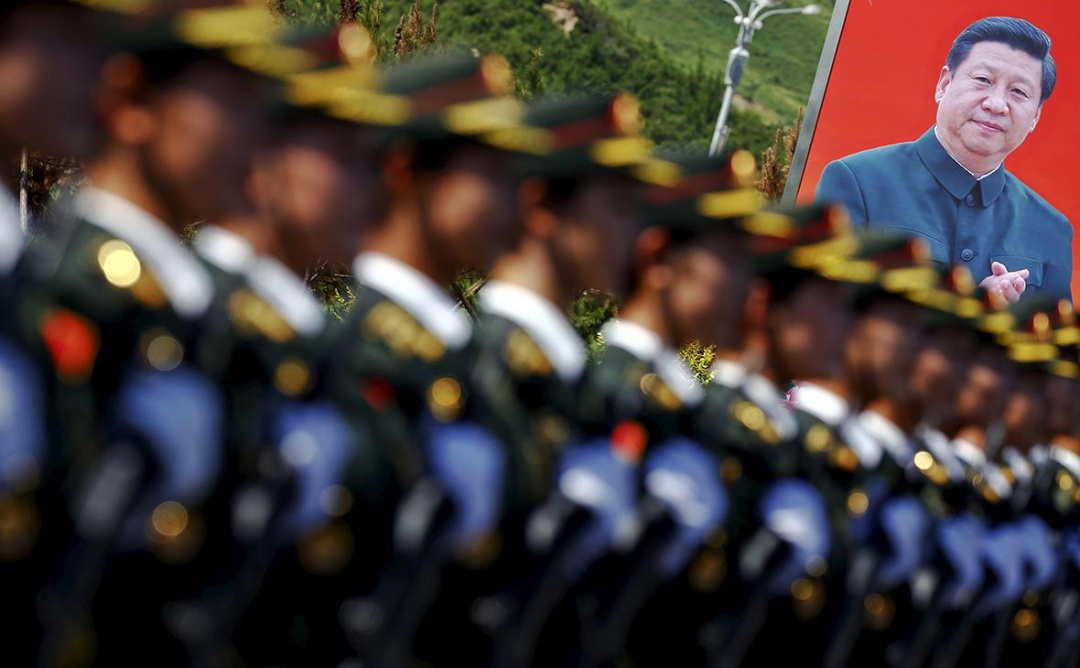
And what about China?" This is Yevhen Savisky's assessment: "Xi Jinping decided to play his own game. The meeting between Putin and Kim in Vladivostok took place with his tacit blessing. The Chinese leader decided to both make money and make Washington nervous. After all, almost everything that the Kremlin dictator asked his North Korean counterpart for is produced in China."
Will China, which is concerned about its "neutrality," go to the extent of supplying weapons to Russia using the DPRK as a hub? There are different opinions on this. Some believe that no, because such weapons and ammo can be identified, and sanctions will follow. Others, however, refer to historical experience: 40 years ago, the DPRK was already used as a hub for Soviet and Chinese weapons.
Defense Express: DPRK has already resold weapons from "neutral" China
"There is a possibility that the DPRK will become a hub for the transfer of weapons to the Russian Federation. Such cases have already happened in history and, interestingly, with almost the same participants. Back during the Iran-Iraq war, it was the DPRK that played the role of a transshipment point that took all the risks and sold weapons from China and the USSR to Iran," the military publication Defence Express said.
The transfer of Soviet ammunition to Iran from the DPRK was realized almost immediately after the start of the Iran-Iraq war in 1980. After that, the sale of Chinese equipment from the DPRK's warehouses and Soviet T-54 and T-55 tanks, as well as T-62 tanks of its own licensed production, began. The sale of Soviet small arms and mortars was also active, and the USSR also sold the Strela-2 man-portable air defense system to Iran through the DPRK.
"It is believed that the Chinese anti-ship missiles HY-2 Silkworm, which were a copy of the Soviet P-15 Termit, got to Iran in a similar way. The DPRK was also directly involved in supplying Iran with more than a hundred Chinese Shenyang J-6 fighters (copies of the Soviet MiG-19)," the journalists report.
In total, as of 1985, three years before the end of the war, the United States estimated Chinese arms exports to Iran at $2.5 billion. Given the price of "greenbacks" at the time, this was a colossal amount. Of course, China denied supplying any weapons to Iran. What's more, China officially stated every time that it was steadfastly neutral. And if a country resells Chinese weapons to another country, Beijing has no influence on it.
"And this historical parallel, even the identity of Beijing's statements, does not add confidence that history will not repeat itself. At the same time, China's military-industrial complex, as well as its weapons stockpiles, are many times more threatening than the DPRK's capabilities," writes Defence Express.
No matter what weapons/munitions Russia receives from the DPRK, it will not have a global impact on the course of the war
"North Korea has a large amount of ammunition: old Soviet, self-produced and Chinese. They have previously transferred Soviet shells, missiles for Grad, and mortar shells. Most likely, there will be this kind of substitution. The Chinese will not send their products directly to Russia. They are afraid of tough sanctions. Therefore, the Chinese will restore the amount of ammunition in North Korea that it will give to the Russians, both their own and Soviet-made," says Roman Svitan, a retired colonel of the Armed Forces of Ukraine.
According to the military expert, North Korea can provide Russia with up to 2 million shells within a year. It will not be possible to transfer all of them at once due to logistical problems: "Russians produce about 2 million shells a year on their own. This is about 7,000 rounds per day. Now they are using about 15,000 shells. If North Korea had not supplied them with its weapons, they would have gone from 15,000 to 7,000, and would have been working off the wheels," explained Mr. Svitan.
So, he argues, the supply of ammunition from the DPRK will not increase the number of shells the Russians have. It will simply leave them at the same level - about 15,000 per day.
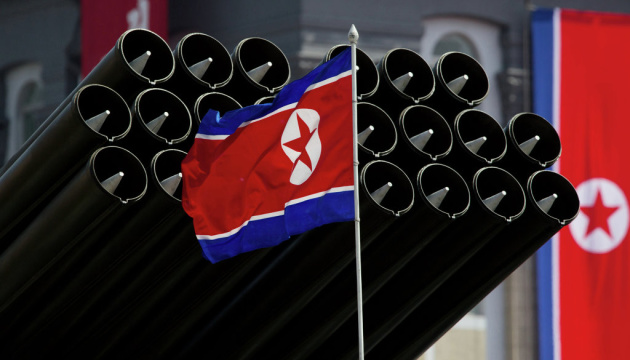
"North Korea has a fairly wide range of cannon artillery, multiple launch rocket systems, which are identical in caliber to Russian ones. And the same with tanks. They have a wide variety of T-62 tanks of their own production with 115-caliber and 125-caliber barrels. Russia really needs the equipment. This is also a deficit moment," adds Oleksandr Kovalenko, a columnist for the Information Resistance group.
However, he also assures that no matter what types of weapons and ammunition Russia receives from Kim Jong-un, it will not have a significant impact on the situation at the front. By the way, in 2010, the DPRK fired 170 missiles at the South Korean island of Yeonpyeong. According to Reuters, half of them fell into the water, and about 20% of those that reached the island did not explode.
"We are talking about a distance of more than 10,000 kilometers... This is hellish logistics. In addition, North Korea has a degraded railroad: they are unable to export ammunition 24/7. And in order to provide Russia with 15-20,000 rounds per day, a lot of ammunition needs to be exported. The DPRK will not be physically able to provide them with this amount of shells and ammunition. The most they can do is to compensate for the deficit on an ad hoc basis. This will not have a global impact on the course of the war," the military expert summarized.
Myroslav Liskovych. Kyiv


